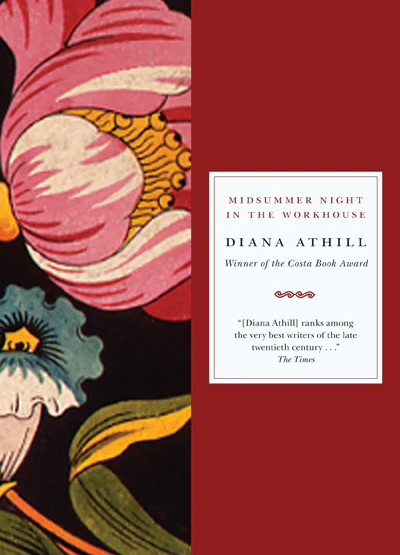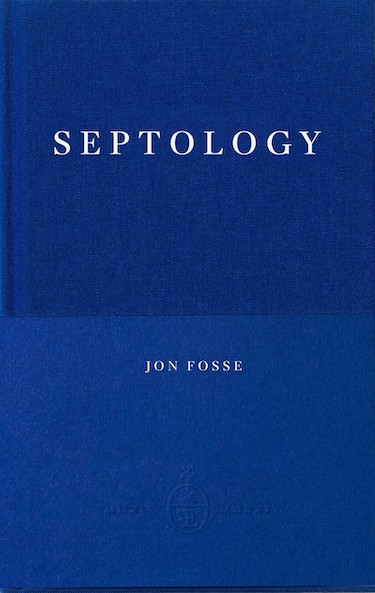
Diana Athill’s life as a writer is almost an afterlife, having begun late in her career (of more than fifty years) as a respected literary editor at the British publishing house Andre Deutsch. In the introduction to Midsummer Night in the Workhouse (Persephone), she describes how the idea for her first short story hit her “one January morning in 1958. Until that moment I had been hand-maiden, as editor, to other people’s writing, without ever dreaming of myself as a writer.”
Athill is known primarily for her memoirs, particularly Stet (Granta, 2000), which covers her years at Andre Deutsch. But her first publication was this collection of short stories, which appeared in 1962 under a different title.
Many of the stories in Midsummer Night in the Workhouse are re-imaginings of events lived or observed by Athill. For example, the central figure in the title story is clearly based on Athill: at a writers’ retreat centre somewhere in the British countryside, she recalls at one point that “when she had begun to write—stories at first, then a novel which found a publisher at once—she had felt like the ugly duckling bending his neck for the first time to his own reflection.”
There is undeniable skill in the writing, but for me the stories feel somewhat dated now, half a century after their first appearance.








